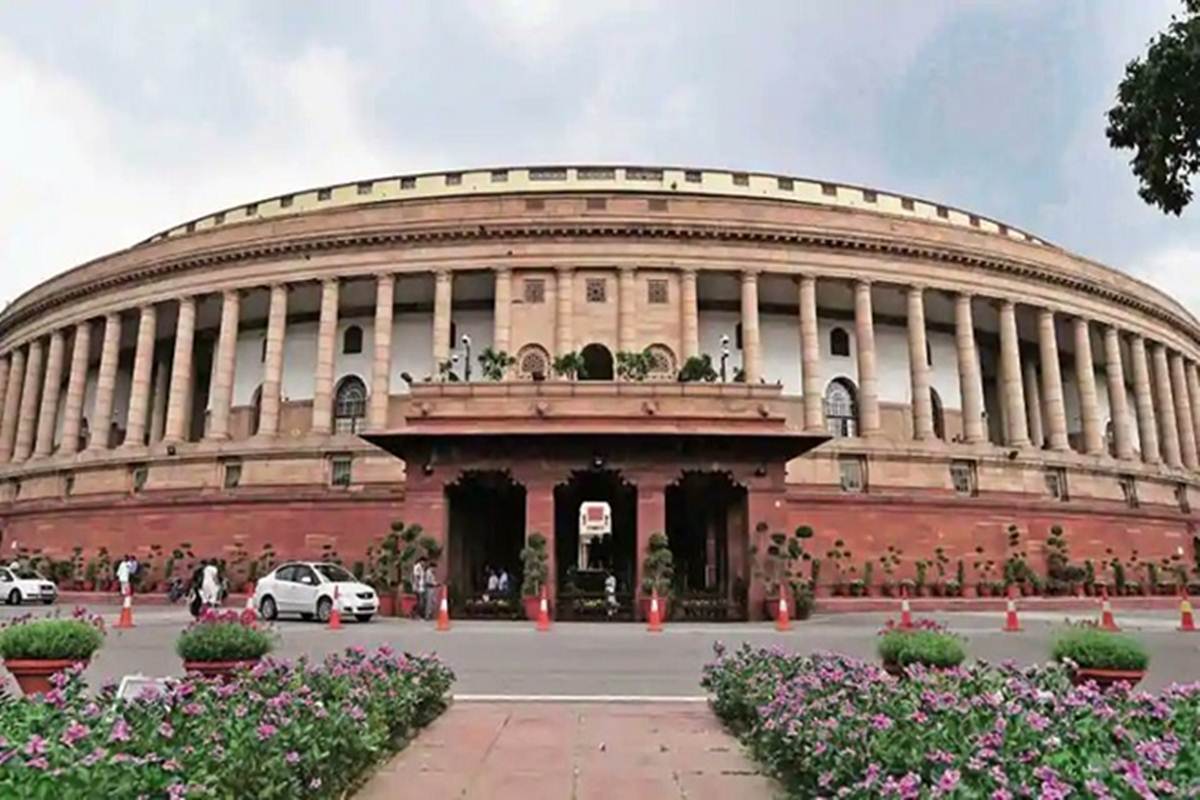It was in the columns of this newspaper that a welcome was accorded years
India is a union of states. Some of the largest states, such as Bengal, Maharashtra and Tamil Nadu, are in the control of parties that stand in opposition to the BJP. Other governments are either run by the BJP, as in UP or Karnataka, or else by parties acting in tandem with them, such as Bihar. What the country needs is more and better vaccines and therapeutics. Each state should compete in attracting those units that produce the items needed to fight the surge in cases. In 2020, good work was shown in the manufacture of PPEs and in some other ways. This year, over the past six weeks, improvements have been made in the government mechanism looking after the delivery of oxygen, vaccines and medication. Had these measures been carried out in 2020, India would not have been in the situation that the country finds itself in today. Better late than never. Should any state meet an obstacle from another state or from the Central government in ensuring that production of the essential requirements for treatment of the novel coronavirus be boosted, the same should be publicly brought out. Transparency is the first step towards accountability, and once public attention falls on the problems pointed out, it is likely that they will get remedied. Secrecy is the refuge of the incompetent or the wrongdoer, whereas the honest and the effective are happiest in the brightness of light. States should compete not in abusing each other or the central government, but in competing to better the situation. Problems need to be politely pointed out rather than presented as mala fide actions, which usually they are not. Every state government as well as the Central government has a common interest in ensuring that the pandemic retreats. This is a country blessed with a people that are rich in brainpower and in the qualities of humanity that enable them to ensure that India remains an example to the rest of the world of a country where those who have a sectarian view are the fringe and not the mainstream. The Moderate Middle needs to expand at the expense of the extremes, not the other way about. Every political party will gain from the progress that gets made when the competition between politicians and between state governments is not grounded in abusive language but in friendly competition and wherever needed, strong cooperation. The people of India have shown we are a single people, by settling across the country no matter what differences of language or faith there are. Hum sab ek hai. We are all one. This is not a slogan but the truth. The welcome calls for cooperation coming from both sides of the aisle need to be reinforced so that such voices drive out the cacophony of abuse that is so much in discordance with the needs of the times. Senior opposition leaders understanding this is welcome, and it is expected that a similar response will come from the government side.
Time for healing, not abuse
इस शब्द का अर्थ जानिये
- Advertisement -

